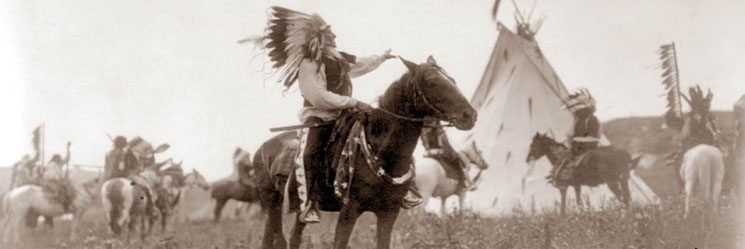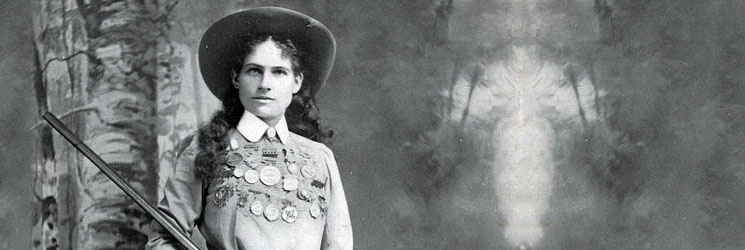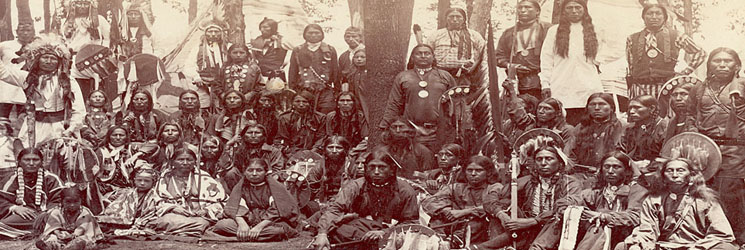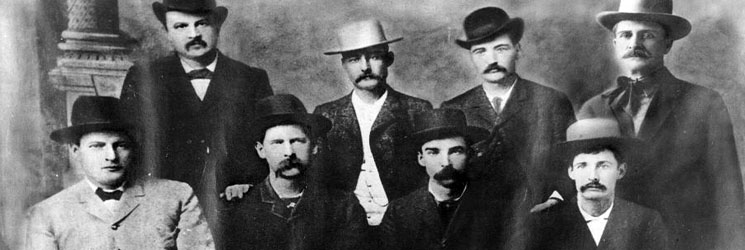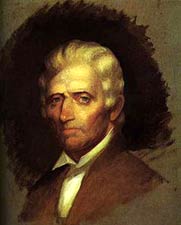
(October or November 1734 – September 26, 1820)
Daniel Boone was a frontiersman, pioneer and hunter whose exploits made him an important folk hero in American history. His family were Quakers who had immigrated to the United States from Devon, England in 1713.
Daniel Boone spent his early years on the western edge of the Pennsylvania frontier where there had been a number of American Indian villages nearby. He received his first rifle at age 12 and picked up hunting skills from local whites and Indians, beginning his lifelong love of hunting. Because he spent so much time hunting in his youth, Boone received little formal education. But according to historians, he learned to read from family members and enjoyed taking books on his hunting expeditions.
Military Experience
As a young man, Boone served with the British military during the French and Indian War (1754–1763), a struggle for land beyond the Appalachian Mountains.
In 1755, he was a wagon driver during an attempt to drive the French out of the Ohio Country, which ended in disaster at the Battle of the Monongahela. Boone then returned home and on August 14, 1756, he married Rebecca Bryan, a neighbor in the Yadkin Valley. The couple initially lived in a cabin on his father’s farm and eventually had ten children.
In 1759, a conflict erupted between British colonists and Cherokee Indians, their former allies in the French and Indian War. After the Yadkin Valley was raided by Cherokees, many families, including the Boones, fled to Culpeper County, Virginia. Boone served in the North Carolina militia during this time, and his hunting expeditions deep into Cherokee territory beyond the Blue Ridge Mountains separated him from his wife for about two years. There were tales that his wife thought he was dead, he was gone so long, and that she formed a relationship with one of Daniel’s brothers (Edward) and a daughter resulted from the union. Daniel supposedly accepted the situation and raised the child as his own.
Boone supported his growing family in these years as a hunter, taking part in extended expeditions with other men into the wilderness to gather deer skins in the autumn, and then trapping beaver and otter over the winter. They were gone for weeks or months at a time. Upon their return in the spring they would sell their products to commercial fur traders.
In 1762 Boone and his wife and four children moved back to the Yadkin Valley from Culpeper. By mid-1760s, with peace made with the Cherokees, immigration into the area increased, and Boone began to look for a new place to settle, as competition decreased the amount of game available for hunting. This meant that Boone had difficulty making ends meet; he was often taken to court for nonpayment of debts, and he sold what land he owned to pay off creditors.
After his father’s death in 1765, Boone traveled with his brother and a group of men to Florida, which had become British territory after the end of the war, to look into the possibility of settling there. But Rebecca refused to move so far away from friends and family. The Boones instead moved to a more remote area of the Yadkin Valley, and Boone began to hunt westward into the Blue Ridge Mountains.
Boone is most famous for his exploration and settlement of what is now the U.S. state of Kentucky, which was then beyond the western borders of the Thirteen Colonies. Despite resistance from American Indians, for whom Kentucky was a traditional hunting ground, in 1775 Boone blazed the Wilderness Road through the Cumberland Gap and into Kentucky. There he founded Boonesborough, one of the first English-speaking settlements beyond the Appalachian Mountains.
On one occasion, he raced back to Boonesborough to warn of an imminent attack by a joint force of British soldiers and Shawnees. His preservation of the fort (Boonesborough) proved vital to continued westward migration and settlement. Before the end of the 18th century, more than 200,000 people entered Kentucky by following the route marked by Boone.
During the Revolutionary War, Boone served as a lieutenant colonel of the Fayette County militia; he was also a legislator, county lieutenant and deputy surveyor. He was captured by the British in 1781 but later released. He died in 1820.

